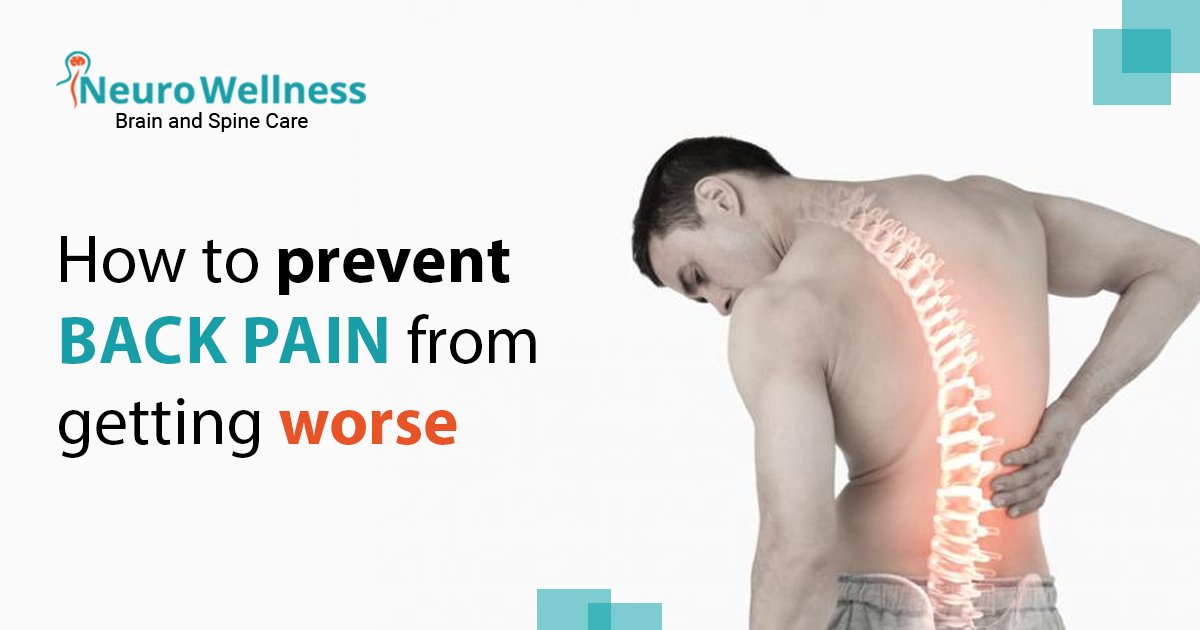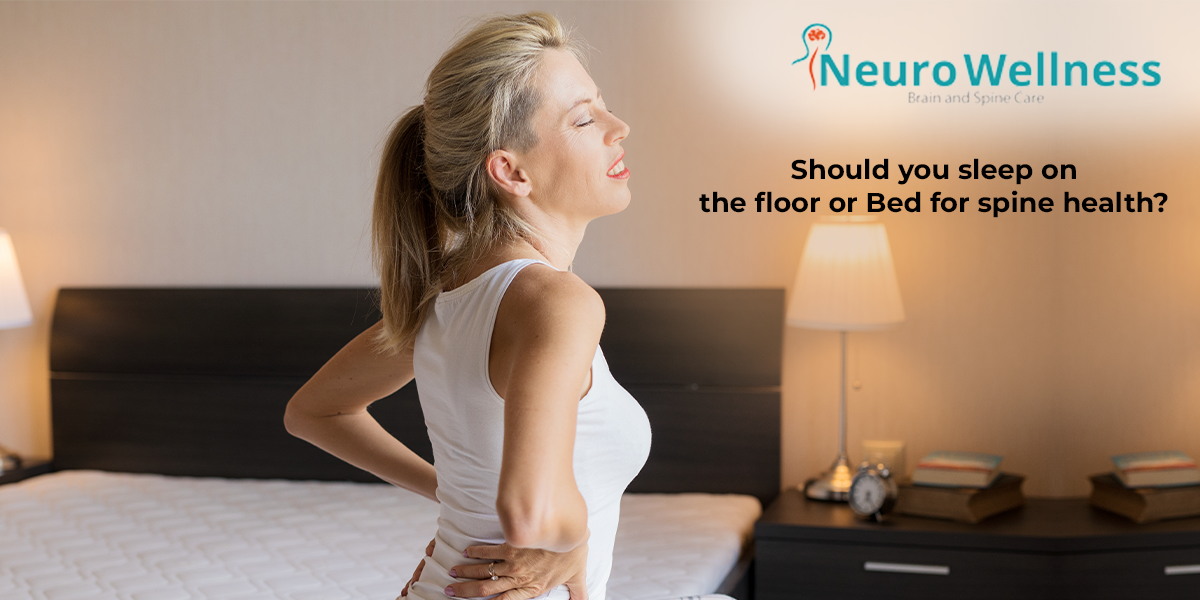10 Tips to Prevent Slip Vertebra (Spondylolisthesis)
Author – Dr Ganesh Veerabhadraiah
The lumbar slip vertebra, also known as spondylolisthesis, occurs when one lumbar vertebra slides forward over the vertebra below it. This condition typically affects the lower back (lumbar spine), where the vertebrae are subjected to significant stress due to movement and weight-bearing activities.
1. Maintain Proper Posture:
-Always sit and stand with a neutral spine. Keep your back straight, shoulders back, and head aligned with your body.
-Use an ergonomic chair(chair designed for working comfortably) with lumbar support while sitting for long periods.
2. Strengthen Core Muscles:
-Engage in exercises that strengthen your core, such as planks, bridges, and yoga poses. A strong core provides stability to the spine and reduces stress on vertebrae.
3. Avoid Heavy Lifting or Use Proper Techniques:
-When lifting heavy objects, always bend at the knees and keep the object close to your body.
-Avoid twisting your back while lifting, as it increases the risk of spinal injuries.
4. Incorporate Regular Stretching:
-Stretch your calf muscles, thigh muscles, and lower back muscles to maintain flexibility and prevent tightness that can strain your spine.
5. Stay Physically Active:
Engage in regular low-impact activities like walking, swimming, or cycling to keep your back muscles strong and improve overall spinal health.
6. Maintain a Healthy Weight:
-Excess body weight puts additional pressure on the lumbar spine, increasing the risk of vertebral slippage. A healthy diet and exercise can help you maintain a healthy weight.
7. Avoid Prolonged Sitting:
-Take regular breaks if your job involves sitting for long hours. Stand, stretch, and walk every 30–60 minutes to reduce stress on your lumbar spine.
8. Use Supportive Footwear:
-Wear shoes that provide proper arch support to promote good posture and reduce stress on the lower back.
9. Prevent Sports-Related Injuries:
-Use proper protective gear and techniques when engaging in high-impact sports. Avoid repetitive stress to the lower back caused by activities like gymnastics or weightlifting.
10. Regularly Monitor Spinal Health:
-Schedule routine checkups with a healthcare professional, especially if you experience back pain. Early detection of spinal issues can prevent further complications.
By following these preventative measures, you can reduce the risk of developing slip vertebra and ensure better spinal health over the long term.
#backPain
#lowBackAche
#SlipVertebra
#lumbarVertebra
For further information contact Team Neurowellness.
Reach 10 AM to 7 PM
Ms. Nandhini -ph 7259669911
Disclaimer: This article is written by team Neurowellness for informational and educational purposes only. The content presented on this page should not be considered as a substitute for medical expertise.
Please “DO NOT SELF-MEDICATE”/ GOOGLE and seek professional help regarding any health conditions or concerns. Neurowellness will not be responsible for any act or omission arising from the interpretation of the content present on this page.




